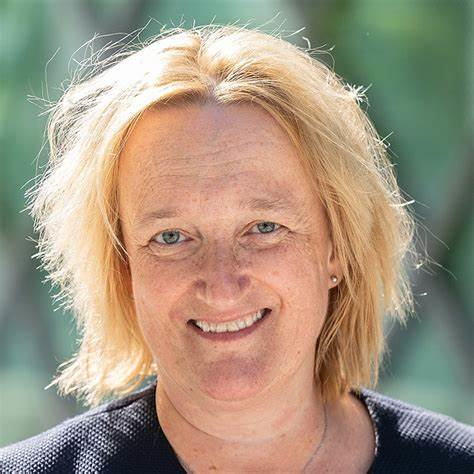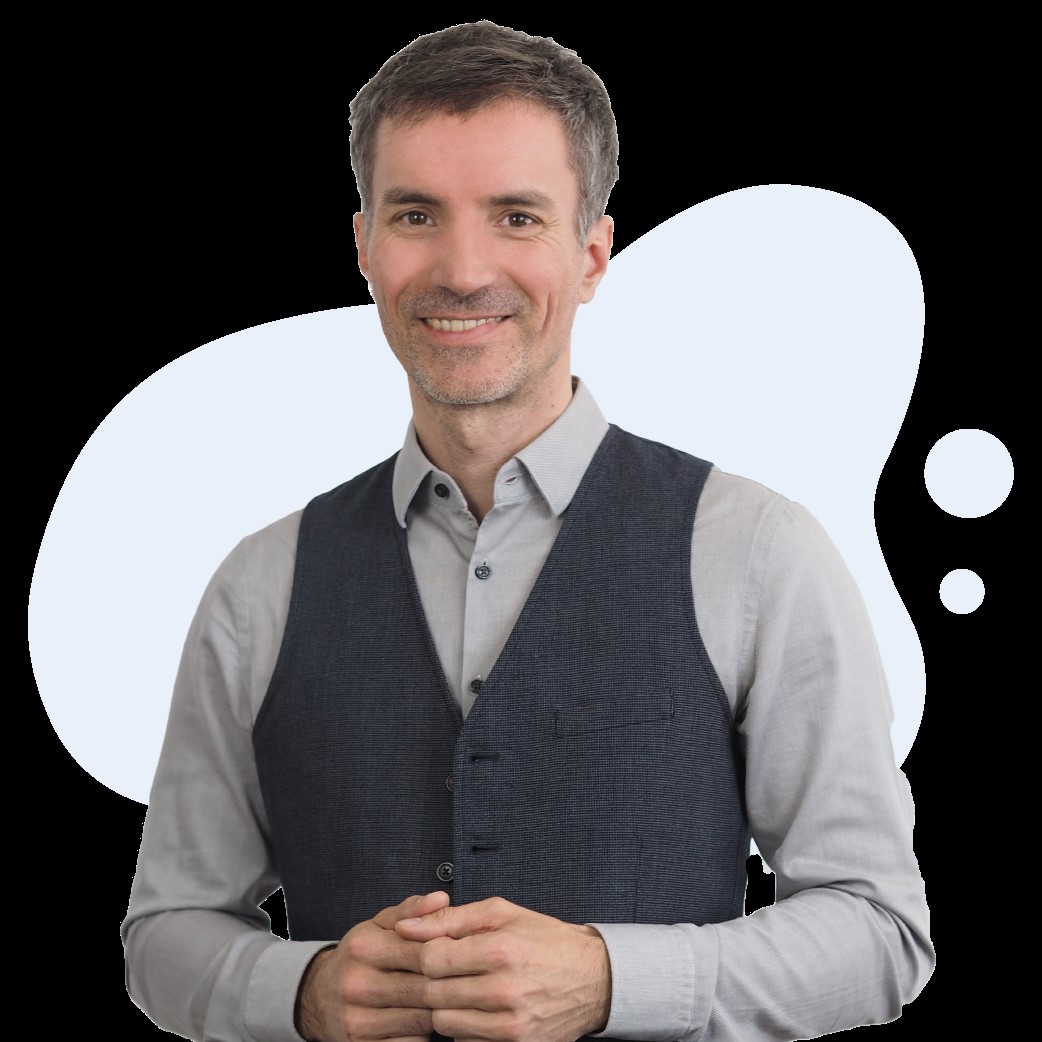The papers for SAM2024 are published in MODELS Companion '24: Proceedings of the ACM/IEEE 27th International Conference on Model Driven Engineering Languages and Systems SESSION: 16th System Analysis and Modelling Conference (SAM).
Clicking on a presentation title below takes you to a YouTube video for the paper presentation.
Clicking on the accepted paper title on the Accepted Papers page takes you to the ACM Digital Library page for the paper.
Monday September 23
- 09:00 Welcome & Keynote
- Next-Gen Software Engineering: Merging Models with AI Power.
 Prof. Dr.-Ing. Ina Schieferdecker is Honorary Professor for Software-Based Innovations at the Technical University of Berlin. She was Director of Research for Technological Sovereignty and Innovation at the German Federal Ministry of Education and Research, focusing on modern key technologies such as quantum technologies, materials technologies, microelectronics, communication, software and AI technologies, as well as the future of work and value creation. Previously, she was Co-Director of the Fraunhofer Institute for Open Communication Systems, Professor for Quality Engineering of Open Distributed Systems at the Technical University of Berlin, co-founder of the Weizenbaum Institute for the Networked Society, and member of the German Advisory Council on Global Change. She is a member of the German Academy of Science and Engineering acatech and an honorary member of the German Testing Board.
Prof. Dr.-Ing. Ina Schieferdecker is Honorary Professor for Software-Based Innovations at the Technical University of Berlin. She was Director of Research for Technological Sovereignty and Innovation at the German Federal Ministry of Education and Research, focusing on modern key technologies such as quantum technologies, materials technologies, microelectronics, communication, software and AI technologies, as well as the future of work and value creation. Previously, she was Co-Director of the Fraunhofer Institute for Open Communication Systems, Professor for Quality Engineering of Open Distributed Systems at the Technical University of Berlin, co-founder of the Weizenbaum Institute for the Networked Society, and member of the German Advisory Council on Global Change. She is a member of the German Academy of Science and Engineering acatech and an honorary member of the German Testing Board.
This keynote discusses the development of Model-Driven Software Engineering (MDSE) from its origins to the present day: It presents the components of models, modelling activities, and the challenges and open issues in MDSE. The keynote reviews the use of modelling languages and tools in MDSE processes. It concludes with a review of the still open relationships and implications of Artificial Intelligence (AI) for software engineering, including MDSE, and the coming developments in the Internet of Collaboration for distributed MDSE.
- Next-Gen Software Engineering: Merging Models with AI Power.
- 10:00 Session Applications I
-
Digital Twins of Socio-Technical Ecosystems to Drive Societal Change.
Federico Bonetti, Antonio Bucchiarone, Judith Michael, Antonio Cicchetti, Annapaola Marconi and Bernhard Rumpe.
-
Digital Twins of Socio-Technical Ecosystems to Drive Societal Change.
- 10:30 Coffee Break
- 11:00 Session Applications II
- Modeling Service Choreographies and Collaborative Tasks for Autonomous Mixed-Fleet Systems.
Bianca Wiesmayr, Alois Zoitl and David Hästbacka. - Automation Support for System Simulation and Architecture Layout Design in
Cyber-Physical Systems Engineering.
Johan Cederbladh, Martin Eisenberg, Luca Berardinelli and Damir Bilic. - Towards a Model-Based Systems Engineering Framework for the Design and
Configuration of Communication Networks in a Data-Driven and Interconnected
Aircraft Cabin.
Fabian Giertzsch, Marvin Blecken and Ralf God.
- Modeling Service Choreographies and Collaborative Tasks for Autonomous Mixed-Fleet Systems.
- 12:30 Lunch
- 14:00 Session Modelling Language Aspects
- Experimenting low code with SDL and BPMN.
Emmanuel Gaudin. - A Multi-Platform Specification Language and Dataset for the Analysis of DevOps Pipelines.
Manas Manoj Bedekar and Gunter Mussbacher. - From Transpilers to Semantic Libraries: Formal Verification With Pluggable
Semantics.
Ármin Zavada, Kristóf Marussy and Vince Molnár.
- Experimenting low code with SDL and BPMN.
- 15:30 Coffee Break
- 16:00 Session Modelling & AI
- AI-based User Emotion Recognition from Interaction Data: Challenges and
Guidelines for Training Data Creation.
Carina Bieber, Patrick Harms, Dominick Leppich and Katrin Proschek.
- AI-based User Emotion Recognition from Interaction Data: Challenges and
Guidelines for Training Data Creation.
- 17:00 SDL Forum Society AGM
- 18:30 Satellite Reception
Tuesday September 24
- 09:00 Keynote
- Why should I actually do modelling? - Challenges and paths to success with a modeling approach in industrial practice and the way to modelling maturity.
 Dr. Horst Kargl
(Head of Training & Principal Consultant @ SparxSystems Europe)
Horst Kargl has been involved in modelling since 1998. Before joining SparxSystems Central Europe in 2008, he was a research associate at the Vienna University of Technology and conducted research on eLearning, semantic web as well as model-based software development (dissertation).
Dr. Horst Kargl
(Head of Training & Principal Consultant @ SparxSystems Europe)
Horst Kargl has been involved in modelling since 1998. Before joining SparxSystems Central Europe in 2008, he was a research associate at the Vienna University of Technology and conducted research on eLearning, semantic web as well as model-based software development (dissertation).
His focus is on software and systems engineering, but also on enterprise and data modelling. He is an expert in the customization and extension capabilities of the modelling tool Enterprise Architect. As a coach and consultant, he is happy to support customer in the development and implementation of modelling approaches. Since 2022 he is leading the training department of SparxSystems CE. Together with his team, he develops new ways and approaches to help you get started with modelling in an even easier and more sustainable way.Faster, bigger, further – all while being more cost-effective: These are the demands of today’s business landscape. As systems grow in complexity, traditional text-based specification approaches are increasingly reaching their limits. In response, model-based approaches emerge as a promising solution, offering a broad spectrum of modelling languages, tools, and methods tailored to various domains.
However, in practice, the adoption of model-based approaches often encounters significant hurdles. Despite their potential, fully leveraging the power of modelling and using models to drive profitable outcomes remains a challenge. This raises the question: Why is modelling, though widely regarded as beneficial, so difficult to implement in practice? Is it the complexity of the modelling languages, the tools, the methods, or simply a lack of adequate training?
In this talk, we delve into the challenges and opportunities of model-based approaches, examining the reasons behind their successes and failures. We explore how these approaches can be effectively implemented in practice through structured and adaptive strategies. A critical aspect of this process is selecting the right methods, tailoring them appropriately, and sensibly limiting the degrees of freedom, alongside finding the most suitable tools. Interestingly, these constraints and added restrictions often lead to a more agile approach and broader acceptance than one might expect. Furthermore, clarifying goals and analysing the current status are vital steps in guiding the change process within the organization, ultimately helping to achieve the desired level of modelling maturity.
- Why should I actually do modelling? - Challenges and paths to success with a modeling approach in industrial practice and the way to modelling maturity.
- 10:00 Session Applications III
- Extending MagicGrid to Support Virtual Prototyping for Early System
Performance Validation and Verification.
Johan Cederbladh, Daniel Krems and Antonio Cicchetti.
- Extending MagicGrid to Support Virtual Prototyping for Early System
Performance Validation and Verification.
- 10:30 Coffee Break
-
11:00 Session Modelling & AI
- A Comparative Study of Large Language Models for Goal Model Extraction.
Vaishali Siddeshwar, Sanaa Alwidian and Masoud Makrehchi. - Exploring the Fundamentals of Mutations in Deep Neural Networks.
Zaheed Ahmed and Philip Makedonski.
- A Comparative Study of Large Language Models for Goal Model Extraction.
- 12:00 Closing Ceremony
- Best Paper Award
- 12:30 Lunch
